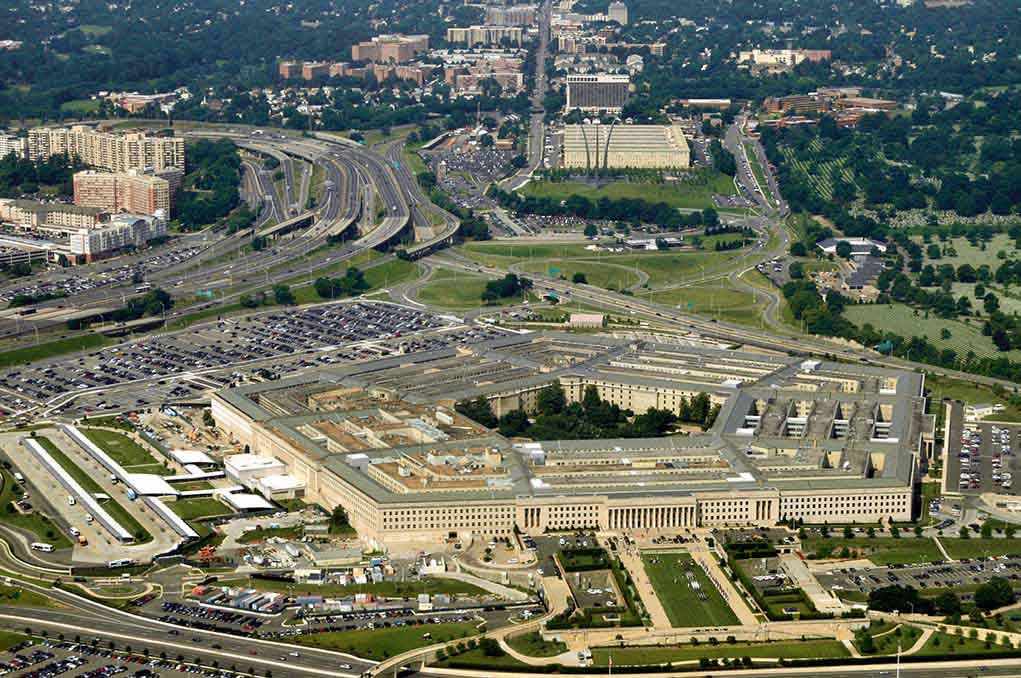
President Trump’s secret directive to authorize military force against cartel-terrorists trafficking fentanyl marks a turning point in the fight to reclaim America’s border security and sovereignty.
Story Snapshot
- Trump authorizes U.S. military action against Latin American drug cartels now classified as terrorist groups.
- Directive targets cartels fueling the fentanyl crisis by exploiting the U.S.-Mexico border.
- Actions coordinated across multiple federal agencies; Pentagon developing military options.
- Move triggers diplomatic tensions with Mexico, whose government opposes U.S. military presence on its soil.
Trump’s Directive: Military Action Against Cartel-Terrorists
On August 8, 2025, reports confirmed that President Donald Trump signed a classified directive empowering the Pentagon to prepare military options targeting Latin American drug cartels designated as foreign terrorist organizations. This unprecedented move aims to disrupt and dismantle cartels, such as Venezuela’s Cartel de Los Soles, that have been flooding U.S. communities with fentanyl and other deadly drugs. The action is coordinated with the Departments of Defense, Justice, Homeland Security, National Intelligence, and Treasury, reflecting a broad, whole-of-government strategy to confront the border crisis after years of failed “woke” policies and law enforcement limitations.
For years, Americans have watched as cartels exploited weak border security and lax enforcement, fueling a historic opioid epidemic that devastated families and communities nationwide. With over 100,000 overdose deaths annually—many linked to fentanyl—Trump’s administration has taken the crisis head-on, designating multiple cartels and transnational gangs as terrorist entities. This legal classification expands the U.S. toolkit for intervention, empowering military assets to finally target the source of poison threatening the nation’s youth and undermining American rule of law.
Escalating the Fight: Legal and Diplomatic Ramifications
Classifying cartels as terrorist organizations and authorizing military force represents a dramatic escalation of U.S. counternarcotics policy. The Trump administration’s approach stands in stark contrast to years of bureaucratic inertia, shifting from endless debate to decisive action. However, the directive’s secrecy and potential for cross-border operations have ignited diplomatic tensions, particularly with Mexico. Mexican President Claudia Sheinbaum has publicly condemned the prospect of U.S. military intervention on Mexican soil, declaring that such operations are “ruled out.” Despite this, Trump’s team insists that protecting American families and restoring the rule of law remain non-negotiable priorities.
Military planning is actively underway, though no immediate operations have been executed. U.S. officials stress that coordination with allies and respect for sovereignty remain guiding principles, even as national security demands a robust response to the transnational threat. The move has set off fierce debate, with supporters hailing it as a long-overdue stand for American security, while critics warn of potential unintended consequences—diplomatic, legal, and operational—if cross-border missions escalate.
Impact at Home: Security, Sovereignty, and Conservative Values
Trump’s decision to unleash the military against cartel-terrorists resonates deeply with Americans fed up with years of government overreach, porous borders, and policies that prioritized globalist agendas over national security. The short-term effects include heightened diplomatic friction and increased scrutiny of U.S. military planning, but many conservatives see this as a necessary step to deter further cartel aggression. For families devastated by the opioid crisis, this action signals that the government is finally putting American lives first and holding foreign actors accountable for flooding the country with poison.
Long-term, the move may set a precedent for confronting non-state actors threatening U.S. sovereignty, though it also carries risks of escalation and challenges to international law. Still, the administration’s willingness to act decisively where previous leaders hesitated demonstrates a renewed commitment to core conservative values: defending the homeland, restoring constitutional order, and rejecting the failed border and drug policies of the past. The situation remains fluid, with military options being refined and diplomatic efforts ongoing, but the message from Washington is clear—America will no longer tolerate threats to its security or sovereignty.
Expert Perspectives and the Road Ahead
Security analysts acknowledge the legal and diplomatic complexities of direct military operations against cartels, warning of risks if cross-border missions are not carefully managed. Yet many experts also argue that the scale of the fentanyl crisis and cartel violence demands bold, unconventional responses. By treating cartels as terrorist organizations, the Trump administration seeks to mobilize all available resources to protect Americans and restore the integrity of the border. While some critics caution against “mission creep” and the dangers of militarizing counternarcotics policy, supporters emphasize that the status quo—marked by rampant trafficking, rising overdoses, and eroding sovereignty—is no longer acceptable. The coming weeks will reveal how this historic directive shapes America’s fight against cartel-terrorists and whether the nation’s resolve can finally turn the tide in the war on drugs.
Trump approves military action against Latin American cartels classified as terrorist organizations https://t.co/VNR7ZwIB7i
— Tim Ricklefs (@TimRicklefs3) August 9, 2025
As military plans develop and international negotiations continue, Americans seeking a return to order, strong borders, and traditional values will be watching closely—demanding results and holding leaders accountable for restoring safety and sovereignty to the nation.
Sources:
Trump approves military action against Latin American cartels classified as terrorist organizations
Trump directs Pentagon to prepare military options against drug cartels

